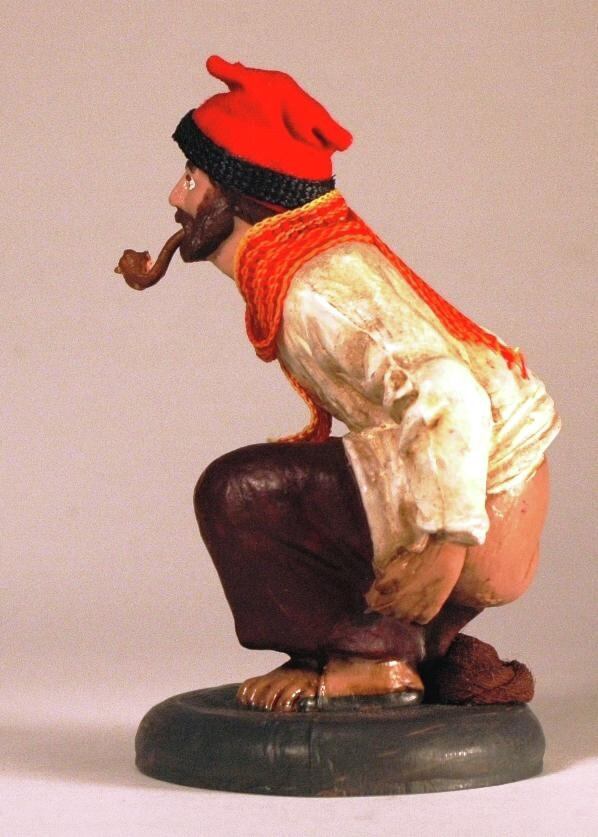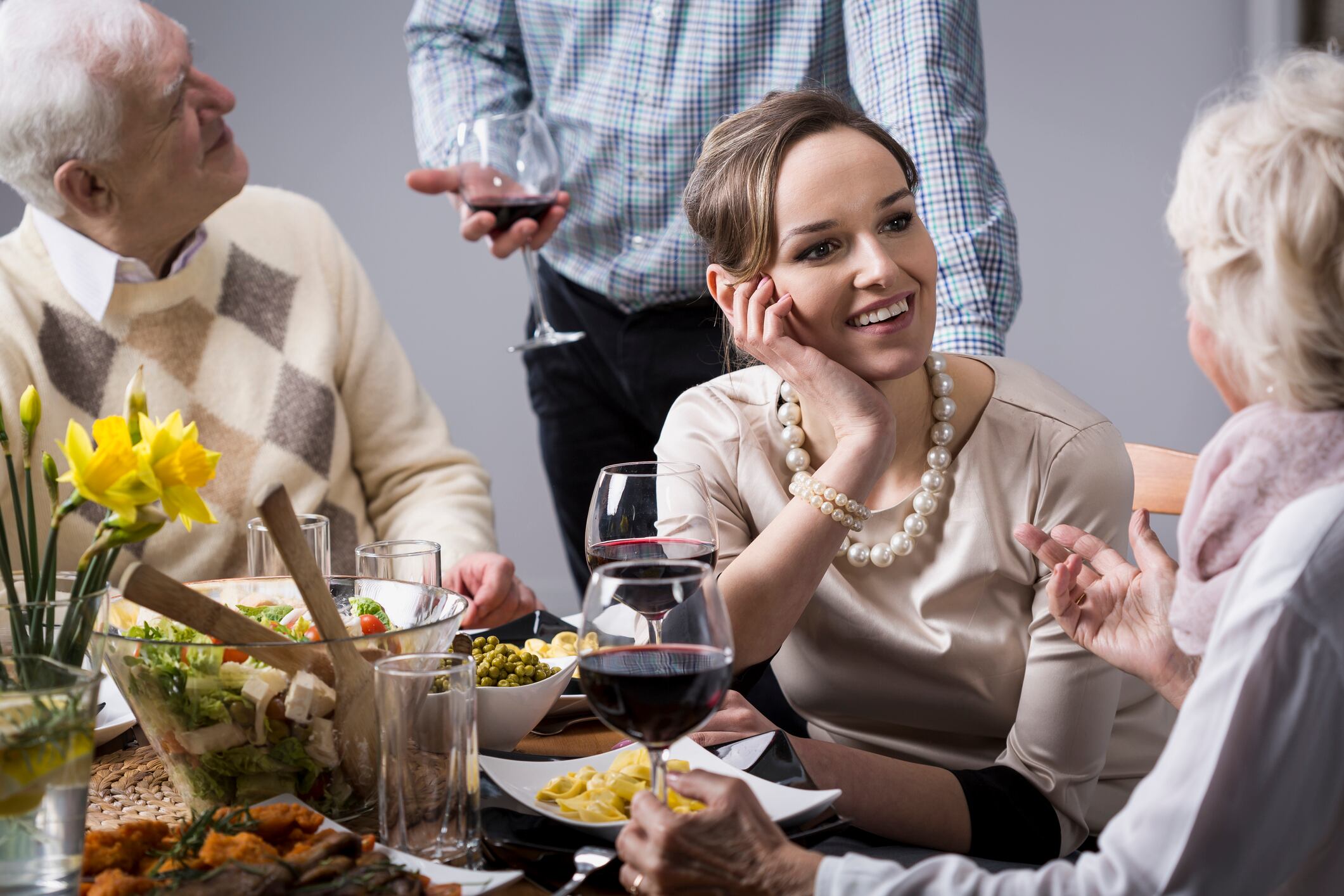Researchers from the Department of Internal and Vascular Medicine at Amsterdam University Medical Centre carried out an observational study in which they identified a microbial difference between participants who visited their own family for Christmas dinner, versus those who visited their in-laws.
Suggesting a mechanism for this difference, they say that visiting in-laws during Christmas induces high stress levels, which in turn reduces the presence of Ruminococcaceae genus in the gut - a reduction associated with psychological stress and depression.
Writing in the Human Microbiome Journal, the authors noted that while the effect of altered diet and alcohol on the gut microbiota has already been studied extensively, the influence of “the mandatory visit to in-laws” for those exposed to it may also have an influence on our gut bacteria makeup.
According to the team - led by senior author Professor Max Nieuwdorp - the study goes some way to proving that our in-laws are an environmental factor that can influence the gut microbiota. However, they concede that further research is needed to confirm the link.
“This study was limited by its observational nature. Participants were free of choice whether to visit family or in-laws during Christmas; this decision was not assigned by the investigators," the report states. "It is possible that participants with a greater aversion towards their in-laws have used the excuse of participating in a scientific study addressing Christmas poo to not visit their in-laws during Christmas.
"Since we did not score the level of (experienced) stress during Christmas visits, we can only postulate that the difference in biomarker signature between visiting family and in-laws was due to stress...
“Before we can recognise in-laws as a new environmental factor that can influence the gut microbiota composition and subsequently host health, a larger randomised controlled study is needed to reproduce these findings and confirm a direct link between visiting in-laws, stress and the gut microbiota composition."
Festive faeces test
To try and understand the mechanism through which in-laws might influence microbiome health, the team conducted 16S ribosomal DNA sequencing of faecal samples collected at two separate time points (December 23rd and December 27th 2016) from a group of 24 healthy volunteers celebrating Christmas - of the 24 participants 16 visited their in-laws during Christmas while the remaining eight celebrated Christmas with their own family.
Participants were instructed to collect fresh morning faecal samples and transport these to the Research Centre on ice, as well as keep a detailed daily log of their complete dietary intake starting December 21st up until December 26th, and report whether they visited only their own family and/or their in-laws during Christmas.
Writing in the background section of their study, the point out that Christmas and faeces 'appear to have a traditional yet mysterious connection.'

“Take a close look at any nativity scene in Catalonia (Spain) and you will spot Caganer (right); a porcelain man defecating in the presence of Mary, Joseph, and their newly born son,” said the authors. “This defecating man entered the scene around the 18th century and is said to symbolise fertilisation of the holy ground, hoping for a prosperous harvest in the new year."
However, they noted that Spain is not exclusive in its association between Christmas and faeces.
"Unknown to many, the term ‘mistletoe’ derives from the Anglo Saxon words ‘mistel’- meaning ‘dung’- and ‘tan’-meaning ‘stick or twig’. Hence, ‘mistletoe’ can basically be translated into ‘poo on a stick’. And more recently, let us not forget ‘Mr. Hankey, the Christmas Poo’, the 1999 South Park hit that peaked at No. 4 on the Official UK Singles Chart.”
Christmas risk?
Discussing previous research into the impact of in-laws on psychological health, the report notes that studies have highlighted the impact of social interactions with in-law family on both physical and mental health.
"For example, women living together with their in-laws are up to three times more likely to develop coronary heart disease. Mirza and colleagues moreover found that relational problems with in-laws were associated with anxiety and depressive disorder. It is hypothesised that perceived psychosocial stress mediates these effects, but the exact mechanism through which stress affects host health, is still unknown.”
two distinct microbial-biomarker signatures discriminating the participants that visited their in-laws versus their own family over the Christmas season - finding seven bacterial species whose relative-change profile differed significantly among these two groups.
Participants visiting their in-laws had a significant higher change in faecal microbiota alpha-diversity (Shannon-index) compared to participants visiting their own family during Christmas, the team said.
Meanwhile, in participants visiting in-laws there was a significant decrease in all Ruminococcus species. The authors note that this sort of reduction is associated with psychological stress and depression.
The relative changes in dietary macronutrients and alcohol consumption during Christmas did not significantly differ between those who visited in-laws versus their own family
Source: Human Microbiome Journal
Published online ahead of print, doi: 10.1016/j.humic.2019.100058
"The effect of having Christmas dinner with in-laws on gut microbiota composition"
Authors: De Clercq. N. C., et al

